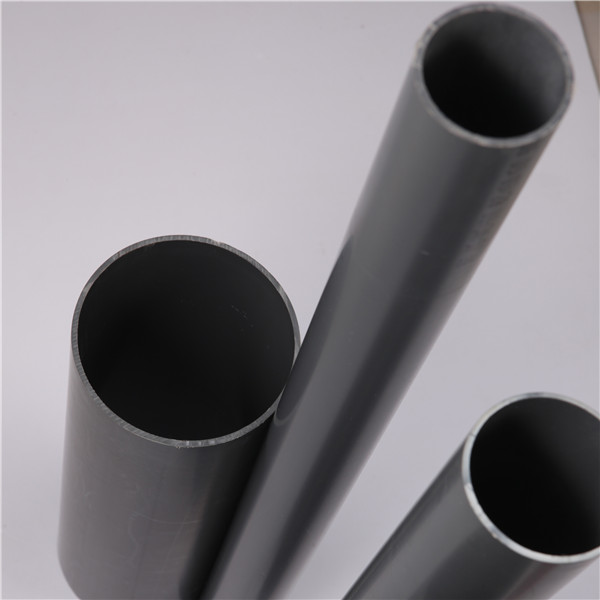Aug . 14, 2024 03:16 Back to list
Versatile and Durable PVC Hose Pipe for Various Applications in Home and Garden Use
The Versatility and Applications of PVC Hose Pipes
Polyvinyl chloride (PVC) hose pipes have emerged as one of the most widely used materials in various industries due to their excellent properties and versatility. PVC, a synthetic plastic polymer, is known for its durability, lightweight nature, and resistance to chemicals and weather conditions. These attributes make PVC hose pipes an ideal choice for a range of applications, from agricultural irrigation to industrial manufacturing processes.
Characteristics of PVC Hose Pipes
One of the standout characteristics of PVC hose pipes is their flexibility. This flexibility allows them to be easily maneuvered and installed in various settings, whether for residential use in gardens or in complex industrial environments. Additionally, PVC hose pipes are available in various diameters and lengths, making them suitable for both light and heavy-duty applications.
Another significant advantage of PVC hoses is their resistance to corrosion and abrasion. Unlike rubber or metal pipes, which can degrade over time when exposed to certain chemicals or harsh environments, PVC hose pipes maintain their integrity. This resistance is particularly beneficial in chemical processing plants or environments where the hoses might come into contact with solvents, acids, or other corrosive substances.
Applications of PVC Hose Pipes
1. Agriculture and Irrigation PVC hose pipes are extensively used in agricultural settings for irrigation purposes. Their lightweight nature makes them easy to install and transport, facilitating efficient irrigation systems. These hoses can withstand varying water pressures and are durable enough to last through multiple growing seasons.
pvc hose pipe

2. Construction In the construction industry, PVC hoses are used for a variety of applications including water supply for concrete mixing, dust suppression, and drainage. Their flexibility makes them suitable for transporting water across uneven terrains, ensuring the smooth progress of construction projects.
3. Industrial Applications Many factories and production facilities utilize PVC hose pipes for conveying liquids or gases. Their chemical resistance allows for safe transportation of various materials, from water to industrial chemicals, without the risk of degradation.
4. Home and Garden In domestic settings, PVC hoses are popular for garden watering as well as for washing cars or patios. Their portability and easy storage make them an attractive option for homeowners looking to maintain their outdoor spaces without the need for heavy, cumbersome equipment.
5. Healthcare In the medical field, PVC is often used to make various types of tubing due to its biocompatibility and effectiveness in sterile conditions. PVC hose pipes find applications in medical devices, infusion systems, and drainage systems, proving to be both economical and reliable.
Conclusion
PVC hose pipes are an indispensable part of modern infrastructure across multiple sectors. Their durability, flexibility, and versatility not only make them cost-effective solutions but also contribute to operational efficiency in various applications. As industries continue to evolve and offer new challenges, the role of PVC hose pipes is likely to expand, paving the way for innovative solutions that meet the growing demands of different sectors. Given their myriad benefits, it’s clear that PVC hose pipes will remain a preferred choice for years to come, driving progress in agricultural, industrial, and domestic applications alike.
-
High-Quality PPR Pipes and Fittings Durable ERA PPR & PVC PPR Solutions
NewsJul.08,2025
-
Black HDPE Cutting Board - Durable, Non-Porous & Food Safe HDPE Plastic Cutting Board
NewsJul.08,2025
-
High-Quality CPVC Panel Durable HDPE & PVC Panels Supplier
NewsJul.08,2025
-
Double PE Welding Rod Supplier - High Strength, Durable & Versatile Welding Solutions
NewsJul.07,2025
-
High-Quality PVC-O Pipe Supplier Durable 75mm PVC Pipe & Connections Leading PVC Pipe Company
NewsJul.07,2025
-
HDPE Drainage Pipe Supplier – Durable & Corrosion-Resistant Solutions
NewsJul.06,2025

